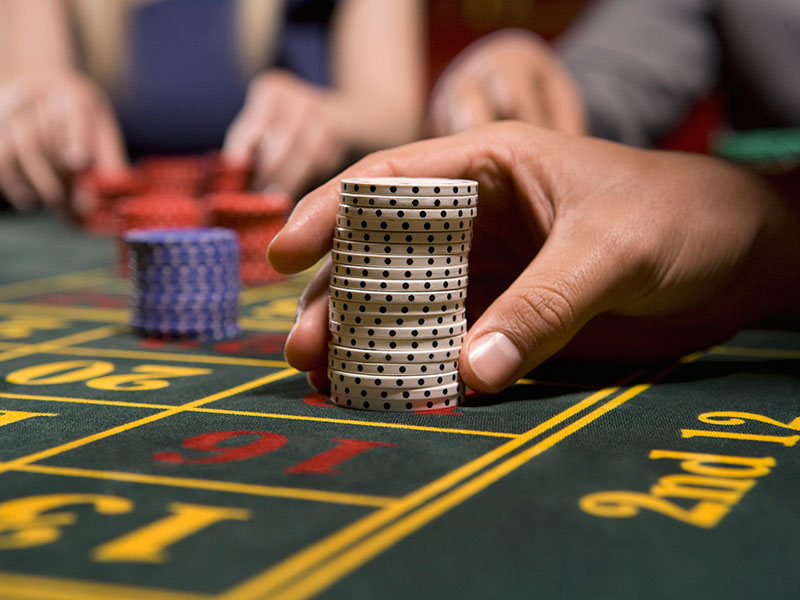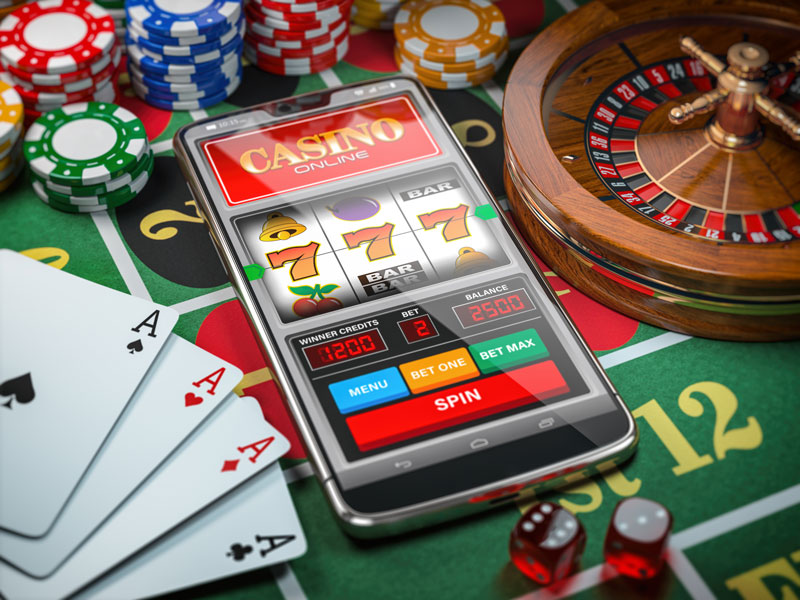
Is gambling a mental illness?
Gene
- 0
What is Gambling Addiction?
Gambling addiction is a type of impulse-control disorder. It is characterized by an inability to resist the urge to gamble, even when doing so causes serious negative consequences. People with a gambling addiction may spend extended periods gambling, often at the expense of other activities. They may also try to conceal their behavior from family, friends, and coworkers.
Gambling addiction is similar to other behavioral addictions, such as video games and internet addiction. It is estimated that around 1% to 2% of the population is affected by gambling addiction.
What Causes Gambling Addiction?
Various factors, including genetics, environment, and psychology, can cause gambling addiction. People who gamble excessively may be trying to escape from unpleasant emotions like loneliness or depression. They may also be trying to cope with stress or to fill a void in their lives.
The dopamine system in the brain plays a vital role in gambling addiction. When people gamble, their brains release dopamine and create feelings of euphoria. This can lead to a cycle of gambling to experience the dopamine rush, and the behavior can become addictive.
Is Gambling a Mental Illness?
Gambling addiction is a severe mental health condition that can profoundly impact people’s lives. People with gambling addiction may experience financial difficulties, relationship problems, and mental health issues such as depression and anxiety. Gambling addiction can also lead to other forms, such as substance abuse.
Classification of gambling addiction as a mental health disorder means that it is now officially recognized as a legitimate mental health condition, and it can be diagnosed and treated.

Identifying Gambling Addiction
Some sure signs and symptoms can help you identify if someone suffers from a gambling addiction. People with a gambling addiction may:
• Gamble frequently, even when they don’t have the money to do so
• Hide their gambling behavior from family, friends, and coworkers
• Lie about how much they are gambling or how much money they are winning or losing
• Borrow money to gamble or use gambling as a way to make money
• Feel anxious, irritable, or restless when they are not gambling
• Have difficulty controlling their impulses
• Neglect work, school, or other responsibilities to gamble
If you or someone you know is exhibiting these signs and symptoms, it is essential to seek help.
Gambling addiction is a severe mental health condition that can profoundly impact people’s lives. With the proper treatment and support, managing gambling addiction and leading a healthy, balanced life is possible. It is essential to be aware of gambling addiction’s signs and symptoms and seek help if you or someone you know is struggling with it.


